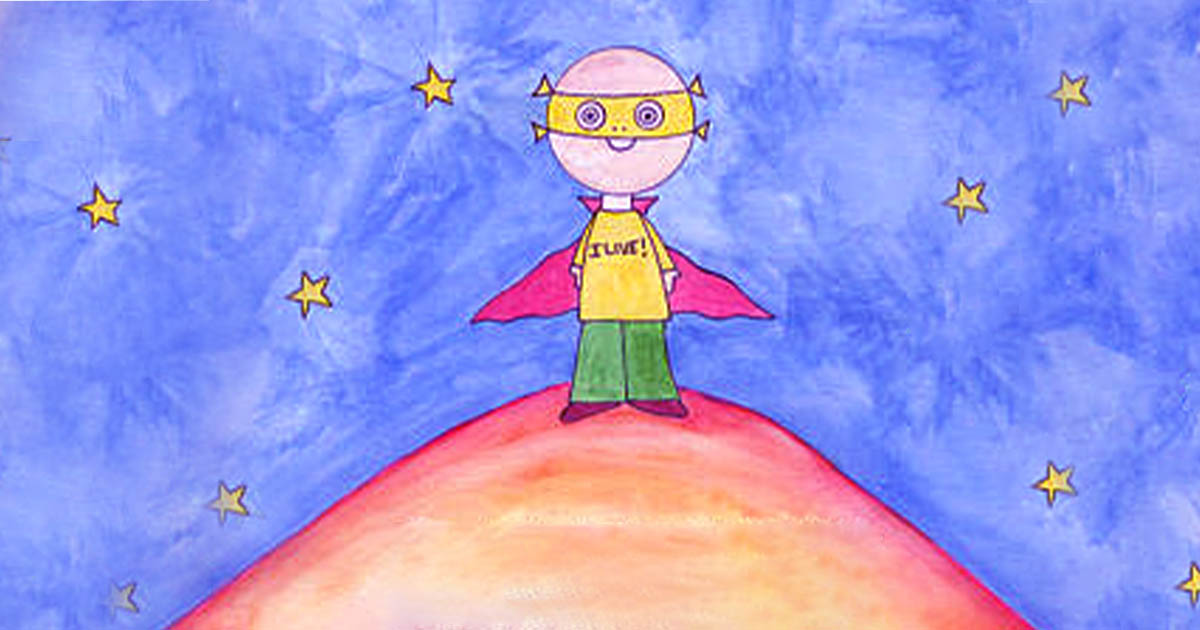Parents often strive to provide the best for their children, but despite their good intentions, certain behaviors or practices might inadvertently hinder their children’s chances of success.
Recognizing these pitfalls is crucial for fostering an environment conducive to growth and achievement.
Here are ten common ways parents set their children up for failure unknowingly, along with strategies to avoid them.
1. Being Overprotective:
Moms and dads can be so worried about their children getting hurt or being uncomfortable that they try to shield them from everything difficult. But if kids never have to face tough challenges, how will they ever be able to handle them?

It’s like saying they’ll never learn how to ride a bike because they might fall off, but sometimes falling is the best way to learn.
Kids need a little push sometimes —a small obstacle to figure out on their own. If parents always solve all of their problems for them, then they won’t know how to do it themselves—how could they? Giving them a chance lets them build independence and problem-solving skills.
It’s in trying times that kids learn about resilience. Like when you let go of the bike but help them get back up until they do it on their own. That’s resilience, and it’s important for life. If parents don’t let kids be challenged, then they’ll never know what it feels like to overcome something really hard.
2. Unrealistic Expectations:
One of the major ways through which parents set their children up for failure is by having unrealistic expectations of their kids.
Sometimes parents want their kids to do things that are simply too hard for them at the moment. They want them to be the best at absolutely everything without stopping for a second and considering what’s realistic for their child’s age group or what weaknesses they still need time and help with first.
This can often make children feel like no matter what, nothing is ever good enough. And then anxieties arise… “What if I mess up?”
Instead of adding unnecessary stress onto children’s shoulders and set their children up for failure, parents should cheerlead for every goal achieved and a skill learned so far. Regardless of whether or not it was done perfectly right away or not.
Such encouragement will allow kids to discontinue feeling as though perfection must always be reached.
When parents focus more on appreciating what their child is already great at instead of setting impossible bars they’ll probably never get over anyway, children gain more confidence in themselves and their abilities. And this way, they won’t have to worry about trying to be the best at everything all the time.
3. Lack of Boundaries:
Parents set their children up for failure unknowingly when they don’t set ground rules for their family.
When rules aren’t made or enforced, kids have no guidance on what’s right and wrong. They can do something bad without even knowing it because nobody bothered to tell them not to or explain the consequences that would follow if they did make that mistake. And that’s where the trouble lies.

But when parents stick by their rules, it allows kids to clearly understand what’s expected of them—and how they should conduct themselves—no guesswork needed. Having boundaries is like a roadmap for young minds.
When children are aware of these restrictions, they become more inclined to take responsibility for their actions and face the consequences of breaking those guidelines when they occur.
And through such an environment filled with limits, kids learn how to treat others with respect and dignity too. Everyone has their own space and feelings that need consideration sometimes.
Therefore, by establishing straightforward rules and making sure children adhere to them, parents enable their children’s voyage into understanding values such as accountability and respect.
4. Out-of-Whack Achievement:
Kiddos need more than just good grades or medals to win their sports games. Emotional intelligence and interpersonal skills are essential for life, not just acing exams and sports games. By only focusing on one aspect parents inadvertently set their children up for failure.
Parents might think success is the most important thing, but this can be detrimental to kids’ understanding that they don’t have to be perfect all the time. It also suppresses their ability to empathize with others and be kind.
It’s great for parents to focus on these achievements, but modeling balance helps children understand success comes in many different areas.
Being kind, making friends, and being happy are also vital to being a human being. And not just any human being; a well-rounded one that knows how to handle tough situations.
So yes, it’s okay for parents to want their children to do well in school or activities but remember there’s so much more in life that deserves equal attention.
5. Neglecting Emotional Support:
When parents ignore or make light of their kid’s feelings it can cause them unimaginable amounts of pain later in life when they’re left sad or lonely. Everyone has feelings and they matter, including your child’s.
Kids need support from someone who means everything to them (their parents), especially during tough times or at moments when they feel worried about something. By not being involved parents can set their children up for failure.
If their parent doesn’t even listen — let alone care about what they’re feeling — then there’ll soon come a time when said kid might struggle to make connections with other kids or deal with hard things on their own.
However, if parents are understanding and supportive it can make all the difference in the world for little ones. If anything, it strengthens them by knowing there’s someone who’ll always have their back no matter what.
Talking about feelings makes people better equipped to handle stress and get along with others. It also assists individuals in learning more about themselves as well as their boundaries.
6. Forgetting to Role Model:
Parents often forget that their children look up to them as superheroes. The lack of proper model behavior causes parents to set their children up for failure. They’re learning a lot from what they see you do, so parents need to remember this and act accordingly.

When parents don’t act the way they tell their kids to, confusion and disappointment brew in the minds of these younglings. If you say one thing but do another, it sends mixed messages. Kids might not know who to believe or how they should behave.
Kids are sponges; they absorb everything around them and that includes behavior. When parents model good behavior, it paves the path of righteousness for their children. By showing your little ones the right way to be honest, kind, and fair you’re teaching them some of life’s most essential lessons
A good role model isn’t just someone who talks the talk – it’s someone who walks the walk, too. When parents’ actions align with their words, it helps kids develop integrity and make solid choices in life.
While parenting is a challenging and multifaceted journey, being mindful of these potential pitfalls can empower parents to create a supportive and nurturing environment conducive to their children’s success. By fostering resilience, independence, and emotional intelligence, parents can help their children navigate life’s challenges and reach their full potential.
A Word From Mind Family
Learning how to be the best parent for your child can be tough and complex. But parents who know the traps can avoid them and make their kid’s experience better. Parents need to understand their actions can set their children up for failure.
Kids need encouragement, resilience, independence, and emotional smarts. These are tools in their belt to tackle what life throws at them. Parents who teach their children how to bounce back from anything, how to stand on their own two feet, and understand themselves emotionally are already set up for success.
It’s more than just providing food, water, and shelter for your child. It’s about making them feel good about themselves too. Being there when they are down and just listening can make so much of a difference.
With all of these traits guiding them they will be unstoppable in achieving their dreams. Giving them hope is like giving them a map towards success.
Frequently Asked Questions (FAQs)
1. How do parents set their children up for failure?
Parents can inadvertently set their children up for failure by being overprotective, setting unrealistic expectations, lacking boundaries, overemphasizing achievement, neglecting emotional support, and failing to role model positive behavior and values.
2. Why is being overprotective harmful to children?
Being overprotective prevents children from developing resilience and problem-solving skills. It hinders their ability to face challenges and adapt to new situations, ultimately limiting their growth and independence.
3. How does a lack of boundaries affect children?
A lack of boundaries can confuse children about acceptable behavior and consequences. Without clear guidelines, children may struggle to understand expectations and exhibit inappropriate behavior, hindering their development of accountability and respect.











